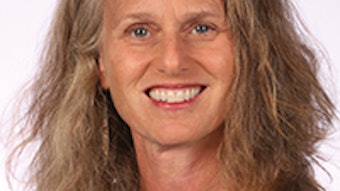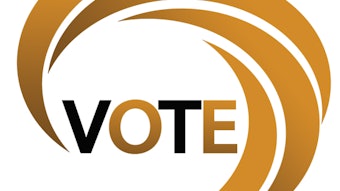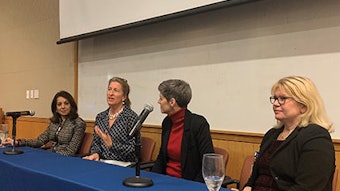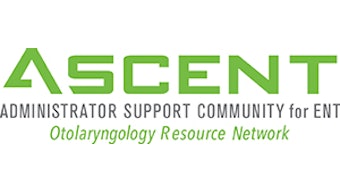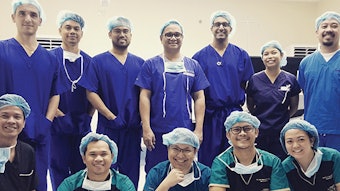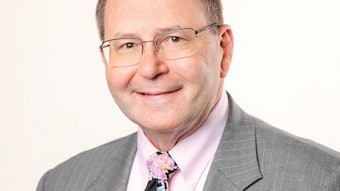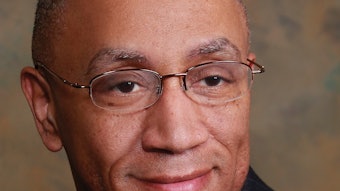Celebrating 10 Years Since Inception: Harry Barnes, MD Endowment Leadership Grant and the Diversity Endowment
2020 marks the 10th anniversary of the Diversity and Inclusion Committee, the Harry Barnes, MD Endowment Leadership Grant, and the Diversity Endowment. The Harry Barnes, MD Endowment Leadership Grant provides travel grants for otolaryngology residents of African descent from the United States, the Caribbean, or Canada to attend the Annual Meeting or the Spring Leadership Forum.
For the Diversity and Inclusion Committee: Cristina Cabrera-Muffly, MD, Chair
2020 marks the 10th anniversary of the Diversity and Inclusion Committee, the Harry Barnes, MD Endowment Leadership Grant, and the Diversity Endowment. The Harry Barnes, MD Endowment Leadership Grant provides travel grants for otolaryngology residents of African descent from the United States, the Caribbean, or Canada to attend the Annual Meeting or the Spring Leadership Forum.
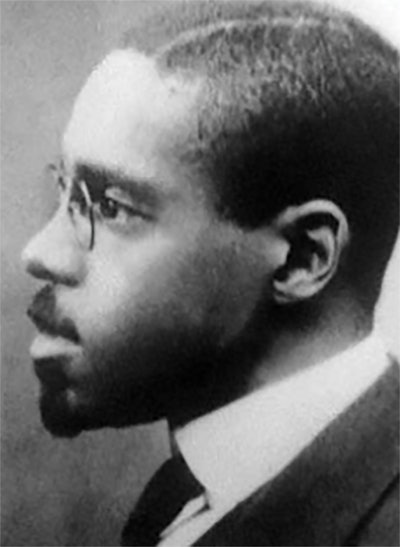 William Harry Barnes, MD (1887-1945)
William Harry Barnes, MD (1887-1945)Since its inception, 20 residents have received these grants that have helped foster networking, education, and leadership development for underrepresented members of our Academy. In addition, the Diversity and Inclusion Endowment provides grants for fourth-year underrepresented medical students applying to otolaryngology. Two grants are awarded each year to defray costs associated with doing an away rotation. Twenty students have received the away rotation grants, with the intent to further strengthen their match potential to our field.
The endowments that allow for funding of these grants were spearheaded by our current Academy President, Duane J. Taylor, MD. Through these endowments, Dr. Taylor and several other generous donors made a commitment to increase the number and support the development of underrepresented populations in otolaryngology. Our field, similar to other surgical subspecialties, has lagged behind in including racially and ethnically diverse individuals among its ranks. This is important to our patients who appreciate being able to see providers who look like them and understand their cultural backgrounds. The 2002 Institute of Medicine report Unequal Treatment: Confronting Racial/Ethnic Disparities in Healthcare states, “Racial and ethnic disparities in healthcare exist and, because they are associated with differences in health outcomes, are unacceptable.”1
The Sullivan Commission report in 2004, Missing Persons: Minorities in the Health Professions, identified that “today’s physicians, nurses, and dentists have too little resemblance to the diverse populations they serve.”2 In the 16 years since the Sullivan report, our population has continued to diversify, while our medical professionals have not. In “Impact of a Mentored Student Clerkship on Underrepresented Minority Diversity in Otolaryngology–Head and Neck Surgery,” Nellis et. al. reported that within otolaryngology, “African American representation is declining by 2.3% per year, Native American representation remains low with growth of only 1.5% per year, and Hispanic representation is growing at 17.3% per year, half the rate of growth in the general population.”3 Diversity and inclusion are clearly important to our trainees and fellow providers who, like our patients, want mentors who look like them and understand their backgrounds.
While we have made progress in the past 10 years, much work remains in otolaryngology to address diversity and inclusion not only with respect to race and ethnicity, but also gender, sexual orientation, and gender identity, all of which are critical to the continued success of our specialty. My hope is that continued endowment funding and volunteer efforts will further our development of a more diverse and inclusive otolaryngology community for our patients, our trainees, and ourselves.
References
1. Institute of Medicine. Unequal treatment: confronting racial and ethnic disparities in health care. Washington, DC: National Academies Press; 2003.
2. Sullivan Commission on Diversity in the Healthcare Workforce. Missing persons: minorities in the health professions. Washington, DC: Sullivan Commission; 2004.
3. Nellis JC, Eisele DW, Francis HW, Hillel AT, Lin SY. Impact of a mentored student clerkship on underrepresented minority diversity in otolaryngology-head and neck surgery. Laryngoscope. 2016;126(12):2684-2688.


